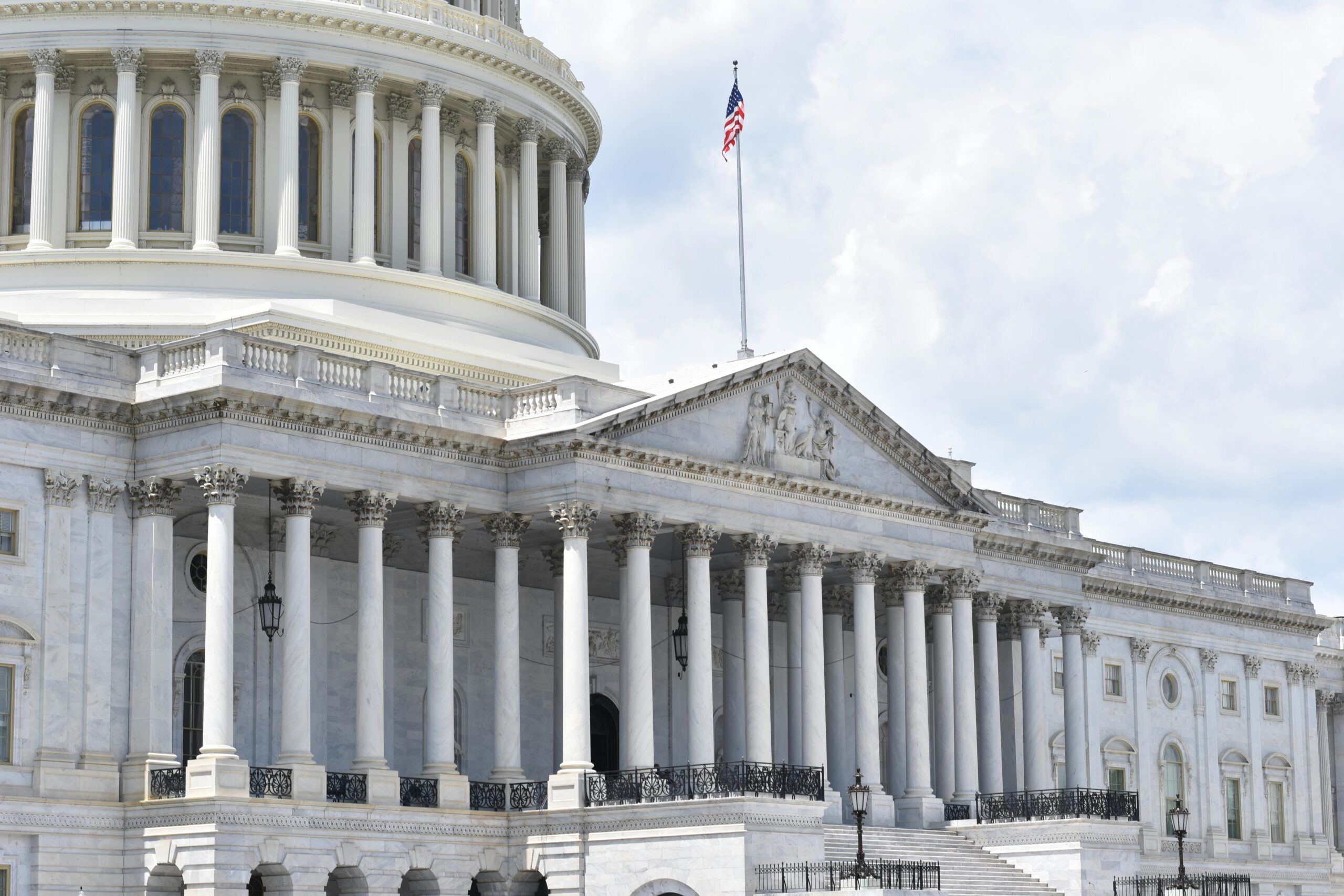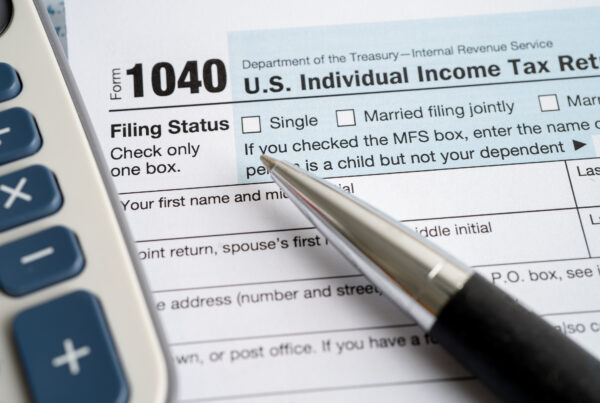During oral arguments on Wednesday, both conservative and liberal justices of the US Supreme Court expressed skepticism regarding President Trump’s use of emergency powers to impose extensive tariffs on nations worldwide. The central question before the Court is whether the President exceeded the authority constitutionally granted to Congress by enacting these duties.
President Trump maintains that his actions were lawful under the International Emergency Economic Powers Act (IEEPA) of 1977, which he argues authorizes him to impose global tariffs without congressional approval. This authority, he asserts, also extends to targeted tariffs on Canada, China, and Mexico in connection with fentanyl-related concerns.
“Tariffs constitute a form of taxation, which has always been the core power of Congress,” Chief Justice Roberts noted. “So, to have the President’s foreign affairs power trump that basic power of Congress seems to me to kind of neutralize between the two powers, the executive power and the legislative power.”
The Trump administration contends that Congress delegated such authority to the President through the IEEPA, which permits the executive branch to “regulate” imports, a provision they believe inherently encompasses tariffs, particularly when aligned with the President’s foreign policy responsibilities.
A decision is not expected in the near term, but the justices’ questioning suggested that the tariffs, as currently implemented, may be unconstitutional.
We will continue to monitor this case and provide updates as new developments arise.
Listen to the full oral argument on the Supreme Court website
The information provided in this alert is for informational purposes only and is based on current tax laws and regulations at the time of publication. It should not be construed as legal, tax, or financial advice. While we strive to ensure accuracy, tax laws are subject to change, and individual circumstances may vary. Please consult with your legal or WG tax advisor before making any decisions based on the information provided. WilkinGuttenplan is not responsible for any errors or omissions, nor for any actions taken based on this content.





